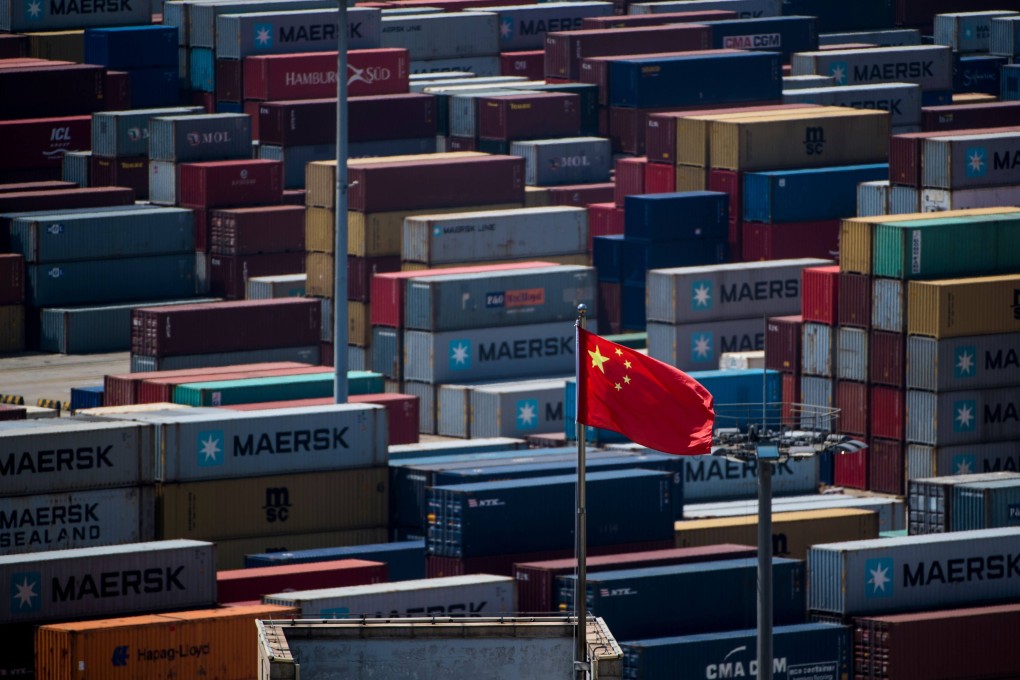Advertisement
China goes on Asia-Pacific trade offensive in wake of US’ IPEF push
- Foreign minister highlights Beijing’s practical efforts to promote long-term development in the region
- China will continue to expand its high level of openness, Wang Yi tells UN meeting
Reading Time:2 minutes
Why you can trust SCMP
7

China has underlined its commitment to economic development in the Asia-Pacific in an indirect response to the US’ launch of a 13-nation regional agreement.
“China will continue to make greater contributions to the long-term stability and sustainable development of the Asia-Pacific region through practical action,” Foreign Minister Wang Yi told the annual session of the United Nations Economic and Social Commission for Asia and the Pacific on Monday.
Wang’s comments came hard on the heels of the launch in Japan of US President Joe Biden’s Indo-Pacific Economic Framework for Prosperity (IPEF), an effort to address supply-chain resilience, clean energy, infrastructure and digital trade.
Advertisement
Wang did not refer directly to the initiative but promised to maintain regional supply chain security, saying China was determined to “firmly” promote economic development in the Asia-Pacific.
“China will continue to expand its high level of openness, promote the quality construction of the Belt and Road Initiative, promote interconnection and connectivity in the Asia-Pacific region, and safeguard the security and stability of the regional industrial supply chain,” he said.
In addition to the United States, 12 countries have signed up for the IPEF: South Korea, Australia, Brunei, India, Indonesia, Japan, Malaysia, New Zealand, the Philippines, Singapore, Thailand, and Vietnam.
Advertisement
Advertisement
Select Voice
Choose your listening speed
Get through articles 2x faster
1.25x
250 WPM
Slow
Average
Fast
1.25x
